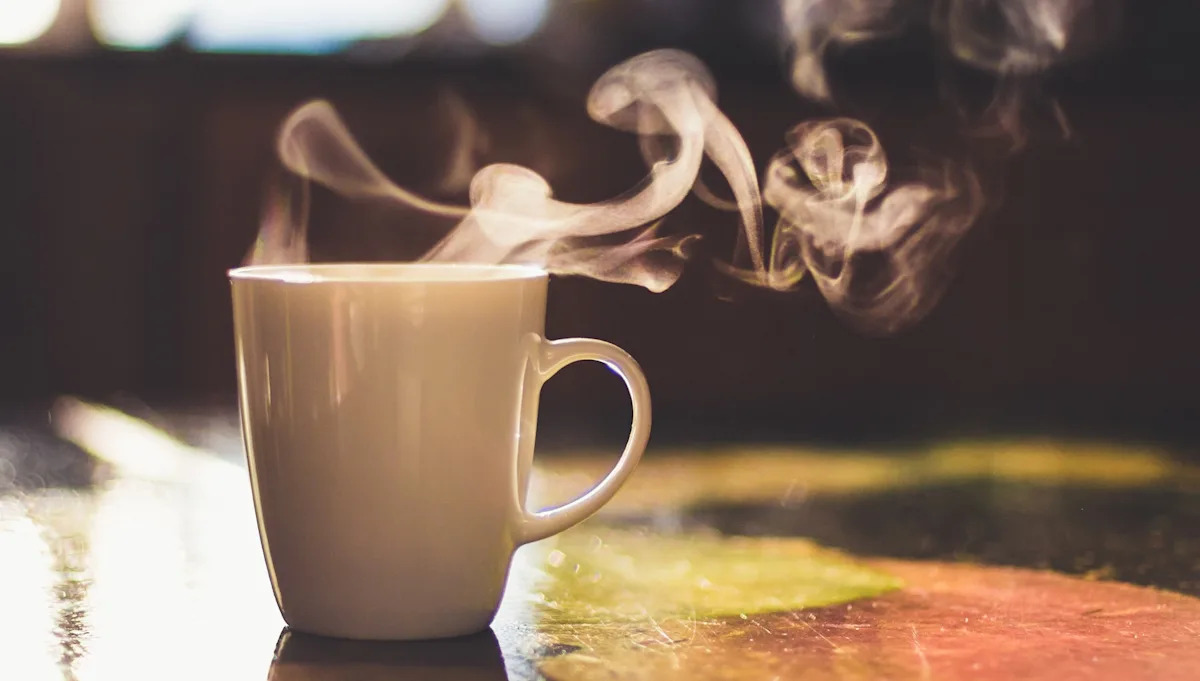
Scientists issue warning after finding concerning hazard in popular beverage products: ‘Significant concern’
How do you take your tea? With milk, sugar, and microplastics.
What’s happening?
Troubling new research published in the Food and Chemical Toxicology journal has found an abundance of microplastics in teabags.
The study, which tested green, sage, linden, and chamomile teas from five popular Turkish brands, found microplastic fibers in all the samples. Previous studies had found microplastics in black tea, but it appears that even herbal teas are not safe from contamination.
Many tea bags are made from plastic, which then leach microplastics into your drink as it brews.
Why are microplastics so concerning?
Microplastics are tiny fragments of plastic less than 5 millimeters long. They are formed by larger pieces of plastic partially degrading, and these small pieces are incredibly difficult to eliminate.
On top of that, they’re causing serious health concerns. These tiny fragments are shed everywhere, ending up in the air, oceans, soil, and food sources. Humans and animals then ingest and inhale the particles. Microplastics have been discovered in blood, saliva, liver, kidneys, and placenta, according to a report from Harvard Medicine magazine.
As the Washington Post reported, microplastics have been linked to a heightened risk of heart disease, kidney disease, Alzheimer’s, and fertility issues — though the science about microplastics’ human health effects is still emerging.
What’s being done about microplastics in teabags?
The study calls the health risks linked to microplastics in tea bags a “significant concern.”
The best way to reduce microplastics in your cozy cups of tea is to buy loose-leaf or find plastic-free teabags. If you do switch to loose-leaf tea, make sure to use a glass, metal, bamboo, or ceramic strainer rather than a plastic one.
Some brands, such as Pukka, Clipper, and 365, offer plastic-free or plant-based tea bags. Make sure to research brands’ claims, as some companies are greenwashing. Some companies may not use plastics derived from fossil fuels, but their tea bags do contain bioplastics. These are considered less harmful, but it’s even better for your cup of tea to be entirely plastic-free.
A bonus of using loose-leaf is that you can use the leaves as compost. It not only stops you from drinking avoidable microplastics, but it also stops the teabags from clogging up landfill sites, so it’s a win-win situation.
Join our free newsletter for easy tips to save more and waste less, and don’t miss this cool list of easy ways to help yourself while helping the planet.
First Appeared on
Source link






